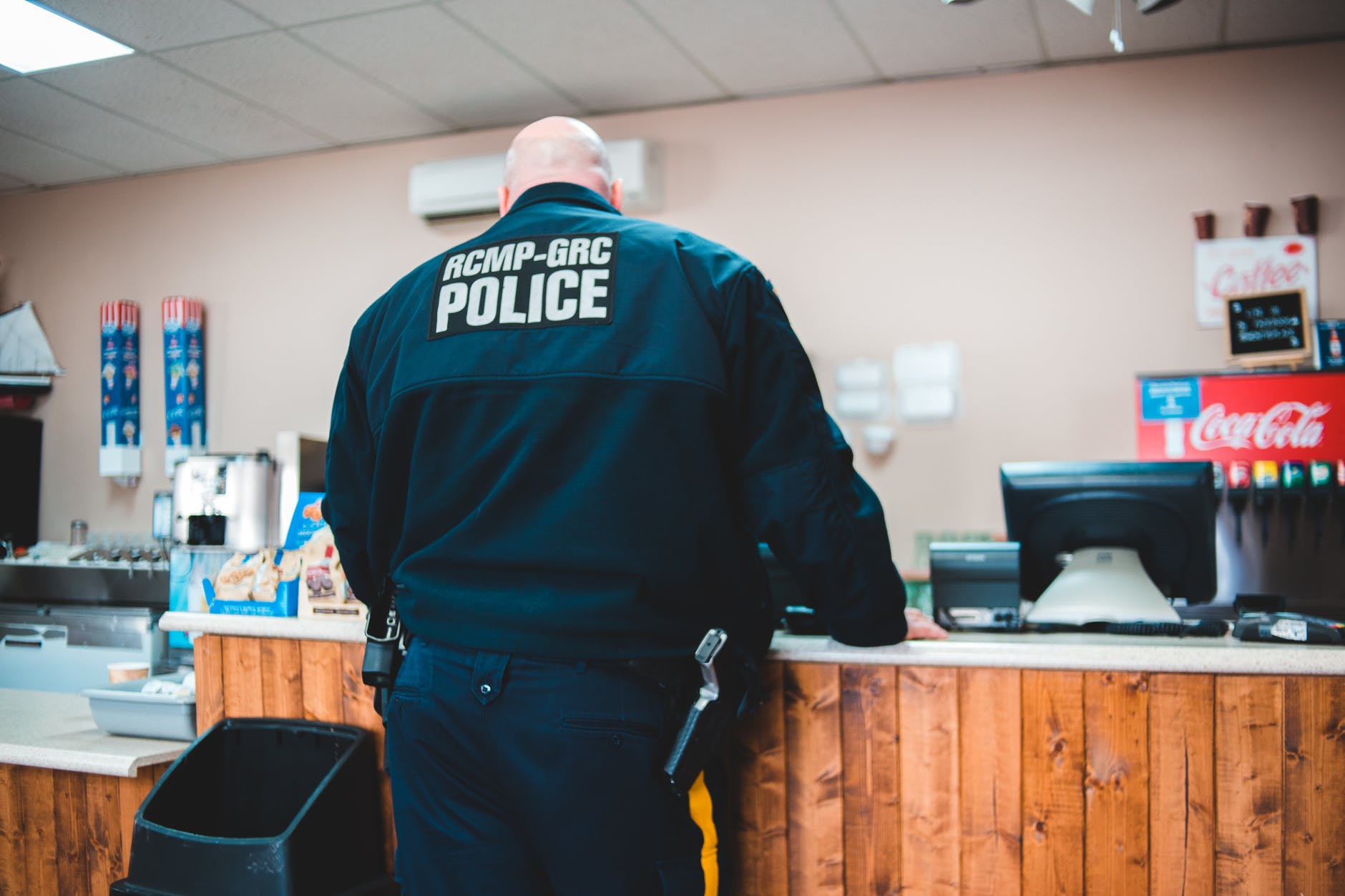Police Screening Checks

Police are necessary to ensure peace officers are trained in dealing with people from different backgrounds and circumstances. Prior to the introduction of this screening, it seemed that the safety of the public and the enforcement of orders was not well-organized. In the few cases that followed, major concerns were raised about the legislation and the implementation of procedures. In 5 of the cases involving serious allegations of domestic violence, decisions for temporary joint custody were decided prior to police screening checks were received, while in 5 of the other instances the later decisions were made after police screening checks were in process. In one case, police decided not to issue a protective order. However, they did not explain why. It was later discovered that the original decision was flawed, which could have prevented the victim of full custody. This is a great example of how police can make a decision on paper that is difficult to execute.
Another example is when there’s potential evidence of a crime but the police are unable to obtain a conviction on their screening checks. The police may decide that a protective orders would be a better choice. However, the protective police check would not prevent future contact between the offender and the victim, nor would it prevent potential criminal convictions from being re-enforced against the victim. These situations would have made it inappropriate for police screening checks to uncover relevant information. The protective order was not required in the first instance.

This is a relatively extreme example, but it illustrates how police screening checks can lead to false positive results, and how they rely upon a “vulnerable sector check” to identify people with a criminal history who may not actually have a criminal record. This v vulnerable sector check is often the weakest component of a police check, and relies upon cooperation from the victim and the police, as well as information provided by third-party agencies such as the social security bureau. The police check will be invalidated if there is no cooperation or the third-party agency fails provide sufficient information.
Police screening checks in New Zealand have recently become a topic of public controversy. Michelle Grewer, Corrections Minister, stated that automatic criminal checks would be required for all sex offenders entering the country in September 2021. The announcement sparked outrage, as many people were concerned that this move could close off many aboriginal communities to non-aboriginal populations. After public consultation, Ms Grewer stated that she would consult the chief inspection of prison statistics and other officials about the impact of sex offenders being subject to police screening checks. These developments may seem simple at first glance.
It is important to understand the meaning of the minister’s initial announcement. Police screening will only be done on those who are a threat to public safety. The announcement was made in an effort to get rid of high-risk offenders, such as sex criminals. This would allow police and courts to focus their limited resources on those offenders who are more likely to be law abiding and less likely to commit future offences.
Some argue that those convicted of serious offenses will not need to go through police checks and instead choose to live with society and seek out jobs and promotions within the industries they work in. Critics also point out that police checks could lead to an increase in criminal records. They point out that compulsory police checks have been in force for several decades on people of different ethnicities, religious beliefs, and backgrounds from all over the world. Employers can conduct employment checks as well as college admissions boards. These points are definitely compelling.
However, police services argue that by implementing a screening check on all applicants, including job applicants, they are providing a more thorough and complete service to their communities. Police officers serve communities by definition. Communities are better equipped to ensure their members’ safety by requiring a check by the police. Police checks help reduce crime rates and promote a safe and secure environment. By requiring a police check, not only are police serving their communities better, but they are also helping to protect their communities from criminals.
Since the mid-1990s police departments have been conducting criminal records searches across the country. Online sources are available that permit you to request a police check and conduct a search. By comparing the information provided, applicants can determine if they are eligible for a police check, and if any previous criminal activity might affect their eligibility for a job or promotion. Some police departments may not conduct police checks. However, many communities will allow them due to the increased safety risks associated with criminal activity. Despite the controversy, police departments across America have found that criminal history checks are beneficial to public safety.
